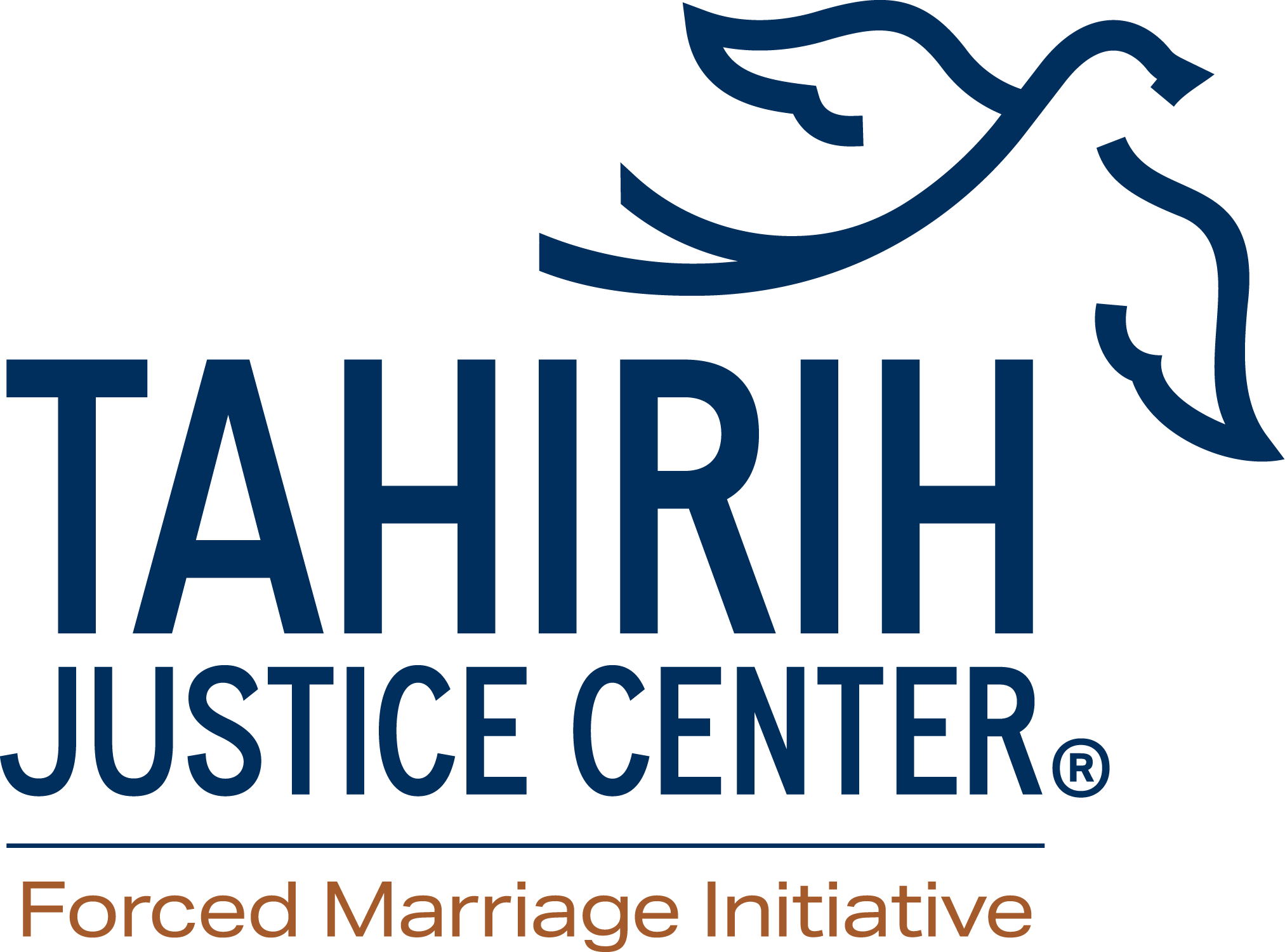Tag : United States
Advanced Webinar for Professionals Serving Vulnerable Youth
With funding from the Office on Violence Against Women, this advanced webinar focuses on the issue of forced marriage among youth and the related challenges those at risk may face. It is designed to help professionals working with young people recognize warning signs, understand how these issues present, and improve their approaches to prevention, intervention, and support.
This session will be co-facilitated by an advocate survivor of child-marriage and FMI staff.
To view the webinar in Spanish | Para ver el webinario en español: https://youtu.be/cHfj5NzXEL4?si=ygtvWWC3w7cdiIDz
Compounding Victimizations of Forced Marriage Survivors: Advanced Webinar
With funding from the Office on Violence Against Women, this webinar will expand on the foundational knowledge of forced and child marriage in the U.S., examining the heightened risks of multiple experiences of discrimination, and the added challenges individuals face when seeking assistance.
In many cases, individuals impacted by forced marriage go unnoticed when they seek assistance from victim service providers. Understanding the dynamics of power and control that they experience is crucial, as the tactics used by perpetrators to coerce someone into marriage or keep them in an unwanted marriage often mirror those seen in cases of domestic and sexual violence, stalking, and human trafficking. Participants will gain a deeper understanding of how forced marriage intersects with various forms of abuse and will learn more effective strategies for prevention and support.
Forced Marriage in the United States Part 1: An Introduction to Forced Marriage in the U.S.
With funding from the Office on Violence Against Women, Tahirih presents a webinar series on forced marriage in the United States. This is a recording from Part 1 of that series.
This webinar provides participates with foundational knowledge of forced marriage as a form of gender-based violence and the abusive tactics often utilized to force an individual to comply with marriage demands.
Panel Event: A New Vision for Addressing Forced Marriage in the United States
A panel of national experts discussed how the United States National Action Plan to End Gender-Based Violence addresses forced and child marriage. Panelists include:
- Alena Victor, Chief Program Officer, Womankind
- Grace Huang, Directory of Policy, API-GBV
- Shenna Morris, Director of Policy, NRCDV
- Dr. Nusrat Ameen, Senior Director, Daya
- Casey Swegman, Director of Public Policy, Tahirih Justice Center
Read the full Framework for Addressing Forced and Child Marriage in the U.S. National Action to End Gender Based Violence here.
The Alignment of U.S. Child Marriage Laws to Data and Consent: Time for a Bright-Line Rule at the Age of Majority
Author: Andrea Jeglum
Published: Fall 2021
In this article, published in the Wisconsin Journal of Law, Gender & Society, the author traces the legal and social history of laws allowing for child marriage in the United States, as well as attempts by states to protect children without fully ending child marriage. She concludes that these efforts to limit child marriage through parental consent or judicial approval conditions have failed, and that the only viable way to address the issue is for each state to set it’s minimum marriage age at the age of majority. Read more.


